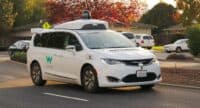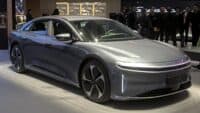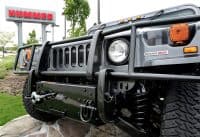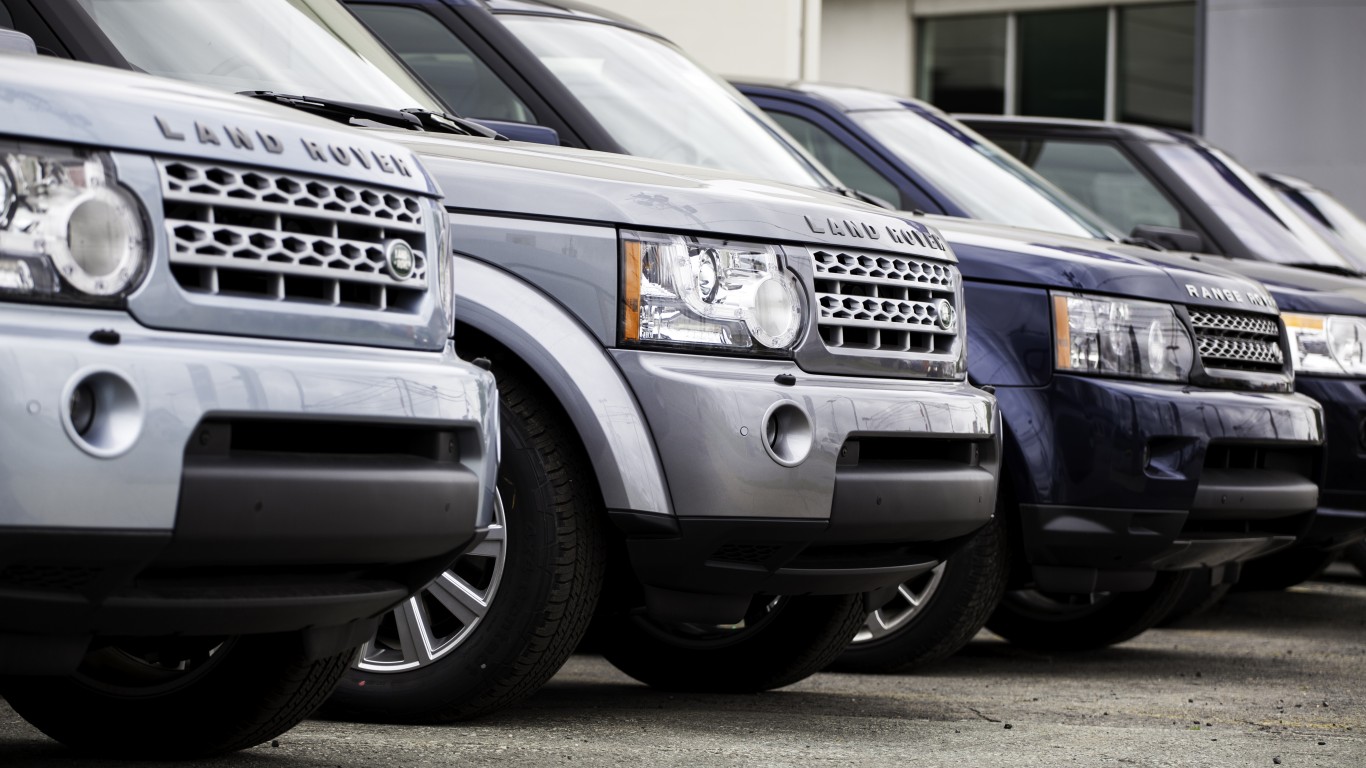Tesla Motors Inc. (NASDAQ: TSLA) announced that its most recent quarter would be profitable, and its shares rose 19% to $45, which is above its 52-week high. The electronic car company is still in a horrible business. It sold more than 4,750 cars, or units as it calls them. There is no economy of scale at that level, which is what eventually will doom the company.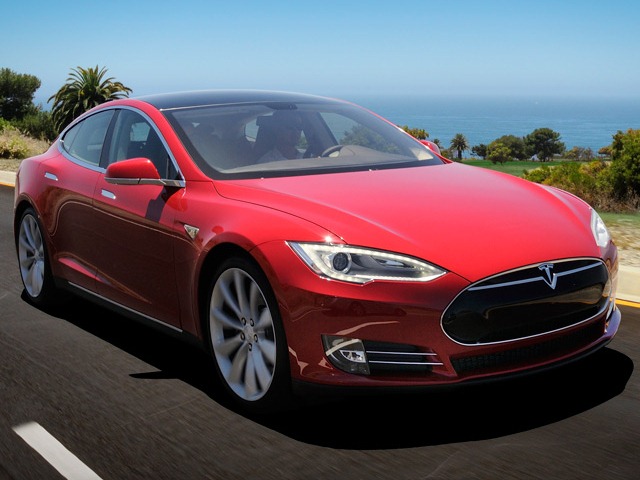
Elon Musk, Tesla Motors co-founder and CEO, said:
I am incredibly proud of the Tesla team for their outstanding work. There have been many car startups over the past several decades, but profitability is what makes a company real. Tesla is here to stay and keep fighting for the electric car revolution.
That revolution already has ended, as global electric car sales have faltered, buried by clean diesel, falling gas prices and a clear preference among buyers of hybrids for the Toyota Motor Corp. (NYSE: TM) Prius, and much higher end equivalents, such as the Porsche Panamera S Hybrid. The Porsche sells for $96,000 or better and is, by many measures, a better sports car than Tesla makes. And the Tesla Model S does not make it very far on a charge, another drawback. With a 60 kWh battery, it goes about 230 miles.
The most severe drawbacks for Tesla’s future are already well known, a quarter of profit notwithstanding. The company, like all other publicly traded corporations, had to list its risk factors in the 10-K it filed for 2012. Several are frightening. First among these is the manufacturing scale question, to which there is no ready answer:
As we are now producing cars at our steady state production volume of 400 vehicles per week, manufacturing costs have started to fall. While we expect further cost reduction efforts undertaken by both us and our suppliers will continue to reduce costs during 2013, there is no guarantee that we will be able to achieve planned cost reductions from our various cost savings initiatives, and the failure to achieve such savings would negatively affect our ability to reach our gross margin and profitability goals.
In other words, Tesla may never have sustainable margins.
Of course, there is the company’s debt, along with its ability to raise more money in the future:
We may need or want to raise additional funds and these funds may not be available to us when we need them. If we cannot raise additional funds when we need or want them, our operations and prospects could be negatively affected.
Finally, Tesla admits the demand for electric cars may be small:
Our growth is highly dependent upon the adoption by consumers of, and we are subject to an elevated risk of any reduced demand for, alternative fuel vehicles in general and electric vehicles in particular. If the market for electric vehicles does not develop as we expect or develops more slowly than we expect, our business, prospects, financial condition and operating results will be harmed.
On top of all those things, Tesla’s profits may well be short-lived. It has a sickening loss of $396 million last year, on very modest revenue of $413 million.
Crummy business, even if it made a little money.
Are You Still Paying With a Debit Card?
The average American spends $17,274 on debit cards a year, and it’s a HUGE mistake. First, debit cards don’t have the same fraud protections as credit cards. Once your money is gone, it’s gone. But more importantly you can actually get something back from this spending every time you swipe.
Issuers are handing out wild bonuses right now. With some you can earn up to 5% back on every purchase. That’s like getting a 5% discount on everything you buy!
Our top pick is kind of hard to imagine. Not only does it pay up to 5% back, it also includes a $200 cash back reward in the first six months, a 0% intro APR, and…. $0 annual fee. It’s quite literally free money for any one that uses a card regularly. Click here to learn more!
Flywheel Publishing has partnered with CardRatings to provide coverage of credit card products. Flywheel Publishing and CardRatings may receive a commission from card issuers.
Thank you for reading! Have some feedback for us?
Contact the 24/7 Wall St. editorial team.
